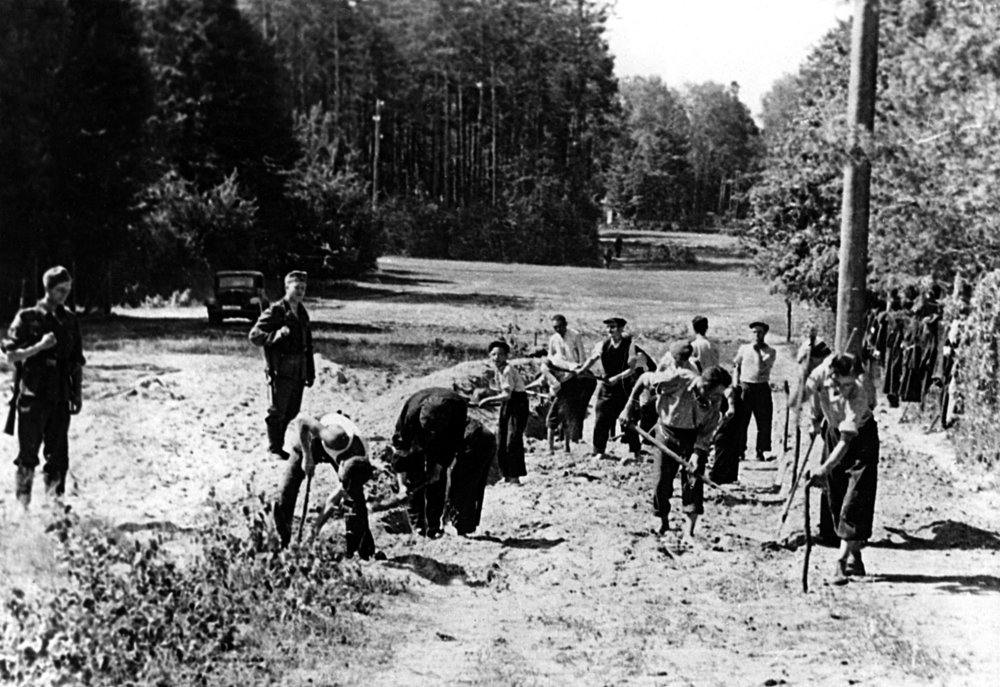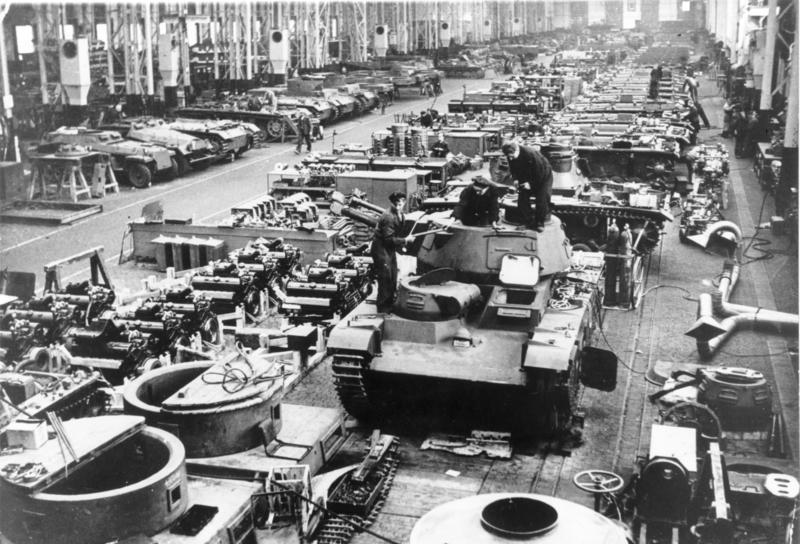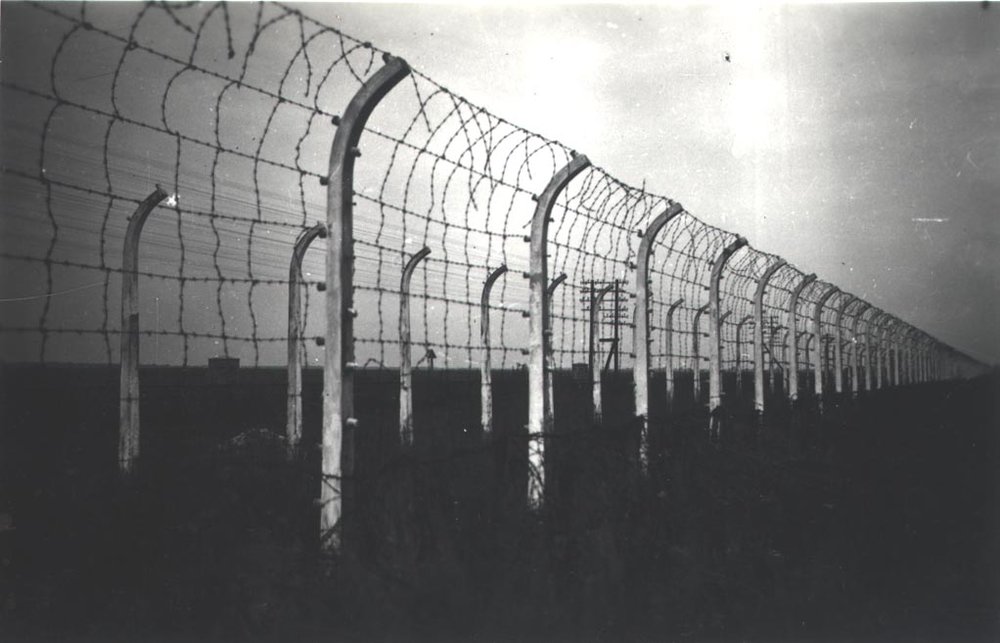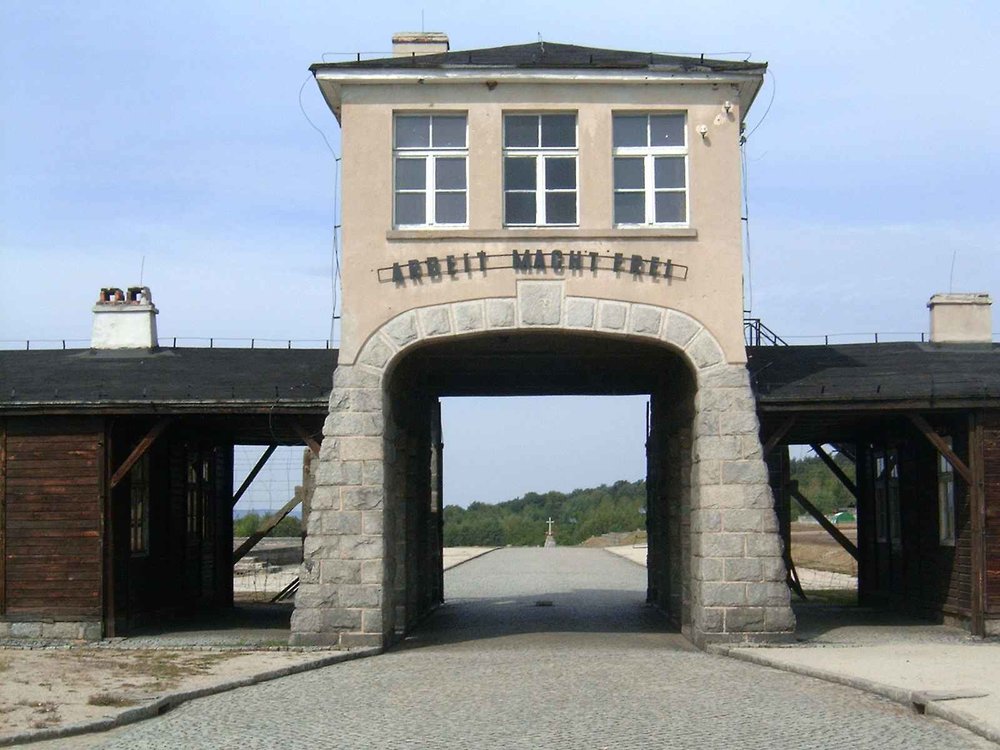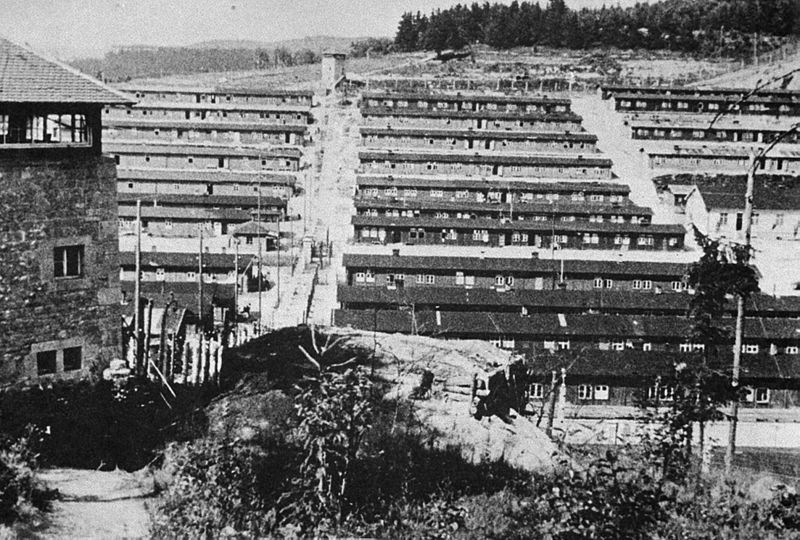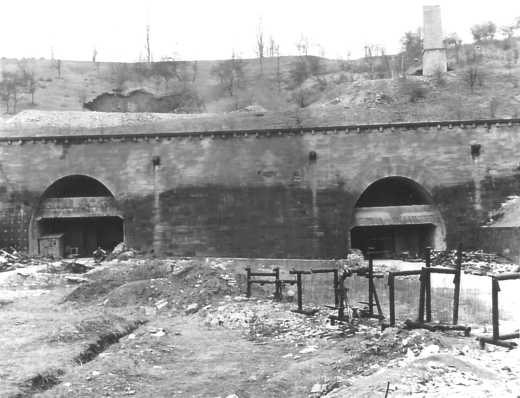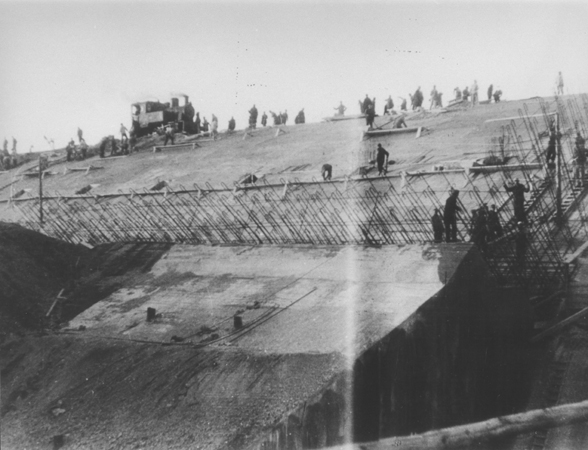EXCERPT FROM THE LONG NIGHT
Märkstadt
“The harsh winter of 1942 – 43 made life for the inmates even more difficult because they had to continue working without a break, regardless of the weather. Inevitably the number of victims increased every day. I reported to Meister Hermann about our circumstances in the camp and we often spoke of the future. He had built a good radio receiver with a variety of switches. He could switch it off at anytime from anywhere in the hut the moment anyone suspicious approached our workshop. I was often present when Hermann tuned in to English broadcasts. I listened with him to the reports about atrocities perpetrated against Jews in the East and accurately named those responsible for the extermination of Jews. Sometimes, Meister Hermann sent me to Machinenmeister Kuka and another Meister so that they could listen to the broadcasts as well. Naturally I made myself scarce.
Hermann was the most intelligent of the ethnic German Meisters. He was a social democrat. Against his will he had been elected as “Obmann” of the Deutschen Arbeitsfront (DAF)4. He also wore the symbol of the DAF, complete with swastika. Occasionally he would point to it and call it “the death-wheel”.
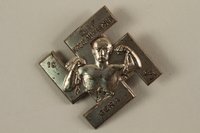
DAF swastika pin
United States Holocaust Memorial Museum Collection, Gift of the University of Mary Washington Galleries
He was friendly with Machinenmeister Kuka who shared his political views. Although it was strictly forbidden, he kept some Polish literature hidden in our hut. Sometimes I had to deliver one of these to his confidants, particularly Kuka. Hermann was also very well-regarded by those who managed the building work. Only a few of the inmates who worked in the forge could speak German fluently. I was one of the few who could make himself well-understood in German and also read German literature. On one occasion when I took a book from Hermann to Kuka I was invited to enter the room and he carefully locked the door behind me. He asked me to sit down and tell him about my background and my parents. He was very interested in my home life. Finally he asked me how I had come to the camp. I recounted to him all the details of our deportation.”

